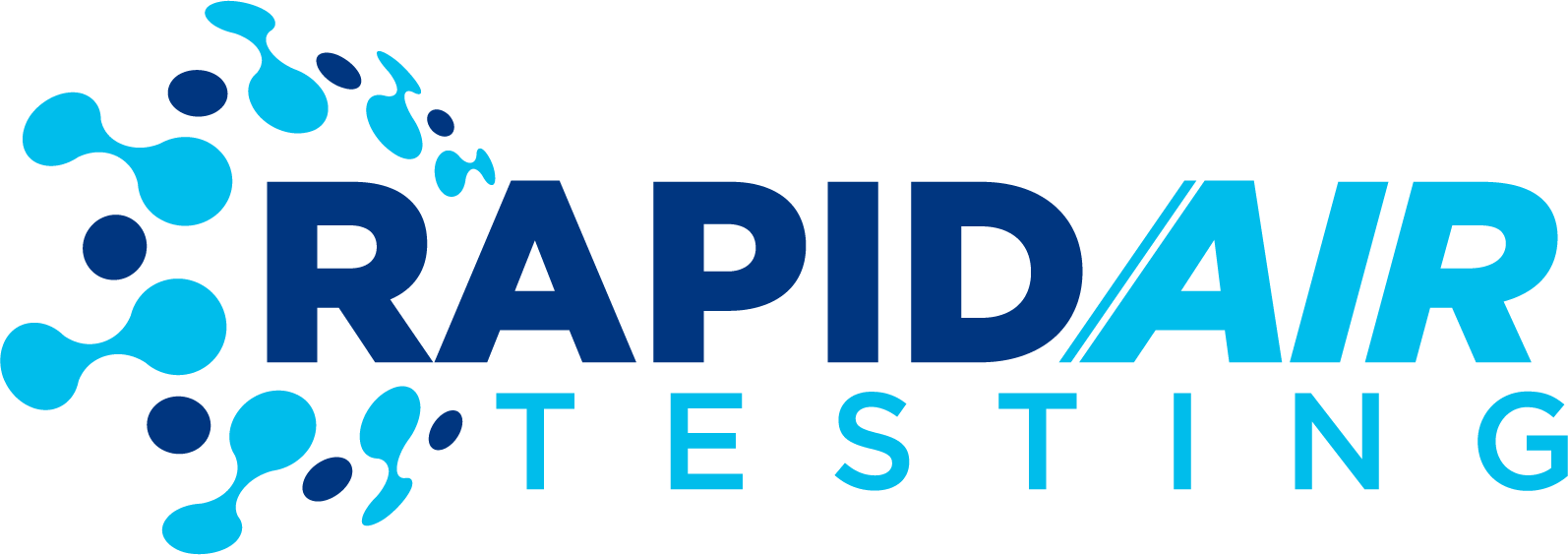Mold can pose serious health risks, especially in humid areas like New Orleans. Understanding mold exposure testing is crucial for maintaining a safe home environment. In this guide, we’ll discuss what mold exposure testing is, its benefits, and how you can effectively address mold issues in your home.
Understanding Mold and Its Risks
Mold is a type of fungus that can thrive in a range of conditions, particularly in areas where moisture is prevalent. In New Orleans, the high humidity levels provide a perfect environment for mold growth. It’s crucial for residents to recognize not only how mold develops but also the potential health risks associated with exposure. Mold can trigger allergies, asthma attacks, and other respiratory issues, especially in sensitive groups such as children and the elderly.
Exposure to mold isn’t just a nuisance; it can lead to serious health complications. Individuals with compromised immune systems or pre-existing respiratory conditions are especially vulnerable. Being aware of mold and its risks is the first step toward safeguarding your health and the well-being of your loved ones. Apart from health concerns, mold can cause structural damage to your home, leading to costly repairs and diminished property values.
As a New Orleans resident, it’s advisable to regularly inspect your home for signs of mold, especially in areas that tend to retain moisture, such as bathrooms, kitchens, and basements. By understanding mold’s potential to proliferate in these spaces, you can take preventative measures before mold becomes a more significant issue.
What is Mold Exposure Testing?
Mold exposure testing is a systematic approach to identifying and measuring the levels of mold present in your environment. Several methods exist to conduct these tests, including air sampling, surface sampling, and bulk sampling. Each method has its unique advantages and can provide specific insights into the type and concentration of mold spores in your home.
Air sampling entails collecting air samples to measure the concentration of mold spores in your indoor environment. This method is particularly beneficial in assessing the overall air quality of your home. Surface sampling, on the other hand, involves taking samples from potentially contaminated surfaces, such as walls or ceilings, allowing for a more targeted analysis. Bulk sampling can also be conducted, where material suspected of containing mold is tested for contamination.
Understanding the different types of tests can help you make informed decisions about the health of your home. Each test can reveal different information about mold presence and can guide your next steps in mitigation if necessary. Consulting with a professional mold inspector can help you highlight the best testing approach for your specific situation.
Why Is Mold Exposure Testing Important?
Mold exposure testing is essential for several reasons, primarily for the health and safety of your household. Early detection of mold can prevent extensive damage to your home and help avoid serious health implications. For New Orleans residents, being aware of the potential for mold growth is critical, especially with the region’s climate.
Another important aspect of testing is that it provides you with peace of mind. Knowing that your home has been assessed can alleviate concerns about hidden mold issues that could pose health risks. By identifying mold problems early, you can take necessary actions to eliminate them effectively and avoid larger, costlier remediation efforts down the line.
Additionally, mold exposure testing can bolster your property value. A mold-free home is a more valuable asset, and demonstrating that you have taken steps to ensure a safe living environment can be appealing to potential buyers if you ever choose to sell your home. Therefore, not only does testing protect your health, but it also contributes to your home’s overall longevity and marketability.
How to Prepare for Mold Exposure Testing
Preparing your home for mold exposure testing is crucial for obtaining accurate results. First, you should declutter the areas being tested. This means removing any items that can obstruct sampling or make it difficult for professionals to assess the spaces correctly. Clear any furniture or belongings from near potential mold hotspots.
Next, it’s imperative to maintain a stable indoor environment prior to testing. If possible, avoid major cleaning activities or renovations, as these can impact airborne spores and potentially lead to misleading test results. Inform all household members about the testing process to minimize disruptions and confusion.
If you have specific concerns about areas within your home, such as basements or damp areas, be sure to discuss this with the testing professionals. They may offer additional insights on how to best prepare or even suggest targeted testing strategies that suit your needs. Lastly, be ready to record any prior mold history or water damage events in your home, as this can be valuable information for the testing team.
Interpreting the Results of Your Mold Exposure Test
Once you receive your mold exposure test results, it’s important to interpret them diligently to determine the next steps. The results will typically include data regarding the types of mold present, their concentrations, and which areas of your home were tested. Understanding these aspects is vital in assessing the severity of the mold issue.
Mold levels are commonly measured in spores per cubic meter of air. Knowing whether your mold levels are within normal ranges or exceeding them can dictate your response. If elevated levels are found, the report may provide recommendations for mitigation and remediation strategies tailored to your specific situation and mold type.
Engaging a professional mold remediation specialist may be necessary if testing results indicate significant mold presence. They can provide a comprehensive evaluation and a strategy for effectively removing the mold, ensuring that your home is safe for you and your family. Remember that being informed about your test results empowers you to take control of your environment, allowing you to prioritize the health and safety of your home.
Dealing with Mold After Testing
If mold is detected during testing, knowing how to deal with it effectively can make a significant difference. First and foremost, do not panic. Assessing mold levels is the first step toward remediation, and with the right approach, your home can be restored to a healthy state. Understanding the scope of the problem is essential to take appropriate action.
Remediation, or the process of removing mold, often involves some key steps, including containment, removal, cleaning, and prevention. Containment is critical to prevent mold spores from spreading during the removal process. Afterward, qualified professionals may remove affected materials or clean surfaces with appropriate products to ensure mold is eliminated.
Additionally, it’s vital to address the moisture sources that allowed mold to thrive. Whether that means fixing leaks, enhancing ventilation, or using dehumidifiers, managing moisture levels will help to prevent future mold growth. Once remediation is complete, conducting follow-up testing can provide reassurance that the mold issue has been adequately addressed and monitored.
Local Resources for Mold Exposure Testing in New Orleans
Finding reliable resources for mold exposure testing can be an overwhelming task, especially with so many options available. However, New Orleans is home to various skilled professionals and organizations dedicated to ensuring the health and safety of its residents. Start by looking for certified mold inspectors who can perform thorough assessments of your home.
In addition to certified inspectors, consider reaching out to local environmental consulting firms or trusted remediation companies. They often have extensive knowledge of the unique mold challenges faced in the humid New Orleans climate and can provide tailored solutions for your home. Online reviews and recommendations from friends or family can also guide you in selecting the right professional.
Moreover, local health departments may offer resources and guidelines about mold exposure testing and best practices for addressing mold issues. Taking advantage of these local resources will help you feel more empowered in your journey toward maintaining a mold-free environment that protects your family’s health and well-being.
Taking Control of Mold Exposure
By being proactive about mold exposure testing and understanding your home’s needs, you can significantly reduce health risks and ensure a safe environment for you and your family.



 Suspected areas of growth
Suspected areas of growth